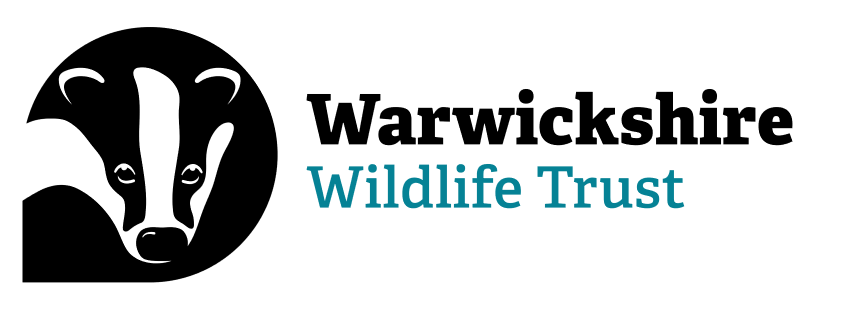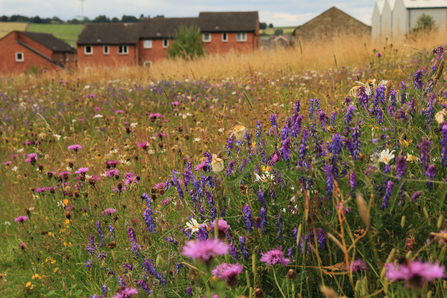The Secretary of State, George Eustice, made the speech at an online event hosted by The Wildlife Trusts during which the public could ask questions. The event can be viewed here.
Much focus was given to plans for tree planting, species reintroduction and peatland restoration in England, including a ban on peat sales subject to a public consultation. While it is widely acknowledged that there is a big opportunity for a ‘green recovery’ from COVID-19, The Wildlife Trusts fear that there is a real danger of ‘building back’ just as before – for example by investing in damaging new road building and destructive developments such as HS2 rail and Sizewell C nuclear power station, rather than investing in nature on land and at sea on the scale that is urgently needed.
Craig Bennett, chief executive of The Wildlife Trusts, says:
“This is an important step today on a long journey for nature’s recovery. It’s exciting to hear talk of reintroducing wildlife such as wildcat and golden eagle but the success of such projects entirely depends on making a huge amount more space available for nature. What we need is all nature to be abundant once more – humming and buzzing all around us – and we hope that a new legally-binding target to achieve this will step up action across Government. So, while seeds of hope were sown today, root and branch change is still needed on a mammoth scale.
“The UK is one of the most nature-depleted countries in the world and we got into this mess because natural places have shrunk to tiny, fragmented pockets of land, often too far from communities for people to benefit from contact with nature. Much of our land and sea is degraded and unable to store carbon in the quantities needed to help tackle climate change.
“Vast restoration projects need funding by Government to help it reach their declared ambition of 30% of land and sea for nature by 2030. Doing so will help wildlife fight back and enable repaired habitats to store carbon once more. At the moment, only 10% of our land is protected for nature and only half of this is in a good state.”

